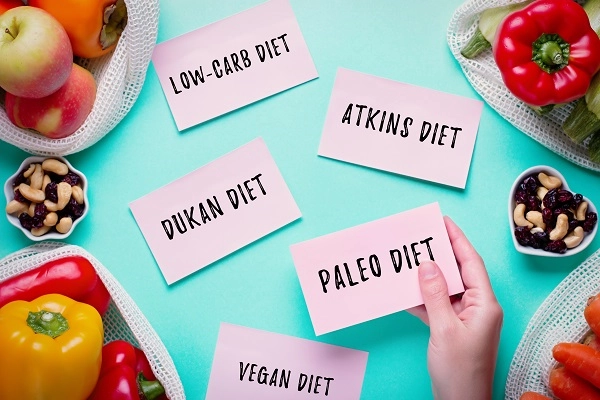Trust experts, not fads, for sound nutrition advice

By Rita Giles, Registered Dietitian Lead, Salem Health Nutrition Services
Everyone has their own personal experience with nutrition — we all eat, after all! As chronic disease becomes more prevalent, nutrition has become a larger focus for our society. For those interested in nutrition this has created endless possibilities for education and experimentation, but it has also muddied the waters. Anyone can declare themselves a nutrition expert or weight-loss guru on social media, but can you really trust their advice?
This is where education and certifications matter.
What is a registered dietitian nutritionist (RDN)?
RDNs are food and nutrition experts who hold degrees from accredited dietetics programs, complete supervised practice hours, pass a national exam, continue professional development, and uphold a code of ethics. While a variety of other nutrition professionals and nutrition certifications exist, RDNs are held to the highest standard.
You can find RDNs in hospitals or other health care facilities, private practice, community and public health settings, sports nutrition, foodservice, corporate wellness programs, universities and research settings. If food is involved, likely an RDN is as well.
Nutrition tips from RDNs
So what do the experts agree on?
Variety is important. We’ve likely all heard the phrase “eat the rainbow” or had our parents tell us “if you eat any more of that, you’ll turn into it!” While you can rest assured that you will not morph into the food you eat, variety is important for our overall health.
Our bodies thrive when they receive a balance of carbohydrates, protein, fat, vitamins, and minerals. Aim to consume carbohydrate, protein, and healthy fats at every meal and include a variety of colors in your fruits and vegetables.
Fad diets will come and go. From the grapefruit and cabbage soup diets of the 1950s, to the low-fat craze of the 1990s, and paleo, keto, and Whole 30 of the present day, there will always be fad diets to navigate.
If something is offering a quick fix, cuts out entire food groups, or requires you to buy specialty food, steer clear. These eating patterns are not sustainable and can result in nutrient deficiencies. If you have specific health concerns, your best bet is to seek out the expertise of an RDN who can tailor nutrition recommendations to your needs.
Sustainability is key. The pandemic has left us navigating food shortages and skyrocketing food prices, and has shown the vulnerability of the food systems in our country. While we often don’t think of policy and legislation in the same breath as food, it is an essential part of creating sustainability.
If you feel passionate about this, reach out to your local legislators and let them know that you care. Take it one step further and research bills related to food and nutrition beforehand.
Nutrition is individual. If you have specific nutrition concerns, reach out to an RDN — it’s why we’re here. Most insurance covers nutrition counseling and many medical providers have the ability to refer their patients to an RDN.
Where can I learn more?
Interested in taking the next step on your journey to health and wellness? Salem Health’s Community Health Education Center (CHEC) has many resources available in their health library, as well as offers a variety of health related education classes. Stay updated with what the CHEC has coming up by subscribing to their monthly newsletter. You can learn more about their offerings at salemhealth.org/chec.